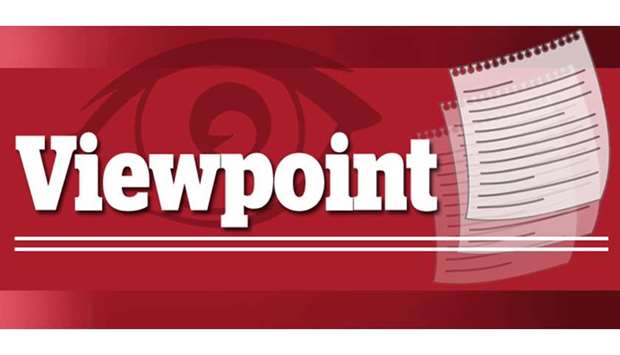His communications include not only facts and opinions but also his usual array of false claims, juvenile insults and grandiose boasts. He loves Twitter as an instrument for his own purposes. But that sentiment turned sour when Twitter decided to flag some of his statements as inaccurate and irresponsible.
After he tweeted that mail-in voting was rife with fraud, Twitter slapped him down by attaching a note saying, “Get the facts about mail-in ballots,” with links to sources providing contrary information. The president struck back by signing an executive order to curb the protections that allow social media companies to provide a forum for users without being held liable for the content they post.
Trump’s action didn’t deter Twitter. When Trump made what sounded like a threat to use lethal force against rioters in Minneapolis in the wake of George Floyd’s death – “When the looting starts, the shooting starts” – Twitter required users to read a notice that the tweet “violated the Twitter Rules about glorifying violence” before viewing it. Trump later tweeted a mild clarification.
There are a couple of problems with Trump’s executive order as a supposed remedy. The first is that it probably won’t stand up in court, because it contradicts a law enacted by Congress – which sought to facilitate free communication on social media platforms and other Internet sites. The president doesn’t have the power to alter that statute unilaterally.
Trump accuses Twitter of violating his freedom of speech. But the First Amendment protects private actors against the government, not the other way around. It ensures that Twitter can publish without government interference. Twitter, as a private company, is free to set its own rules for users.
The other problem for Trump is a conspicuous irony. Should Twitter be deprived of this protection, it would have to be far more active in monitoring content and deleting tweets that could invite lawsuits, including his. Or it would have to ban a wide range of content, as it has done with political ads. Trump could end up getting himself blocked from his own favourite mode of communication.
There’s no doubt that he sometimes abuses his bully pulpit. But it’s a mistake for Twitter to act as his personal hall monitor. Everyone is familiar with Trump’s habit of exaggeration and prevarication. To put warnings on his tweets is to underestimate the intelligence of Twitter users.
Once Twitter embarks on that project, it will find itself burrowing down an endless rabbit hole. How to choose which Trump tweets deserve a warning? After all, the ones it cited were not really different from hordes of others he has posted. Once it focuses on him, it will have to apply the same diligence and standards to every other prominent user.
Besides, letting the president tweet without interference is a public service of sorts. It allows ordinary people an unfiltered look at Trump’s thinking. Some find his tweets inspiring or entertaining; others find them outrageous. But no one can deny the tweets are revealing.
The best response to bad information, in the last analysis, is good information. Twitter has served as a venue for wide-open debate and discussion. It should allow those activities to proceed unimpeded – and let the best advocates win. - Tribune News Service



